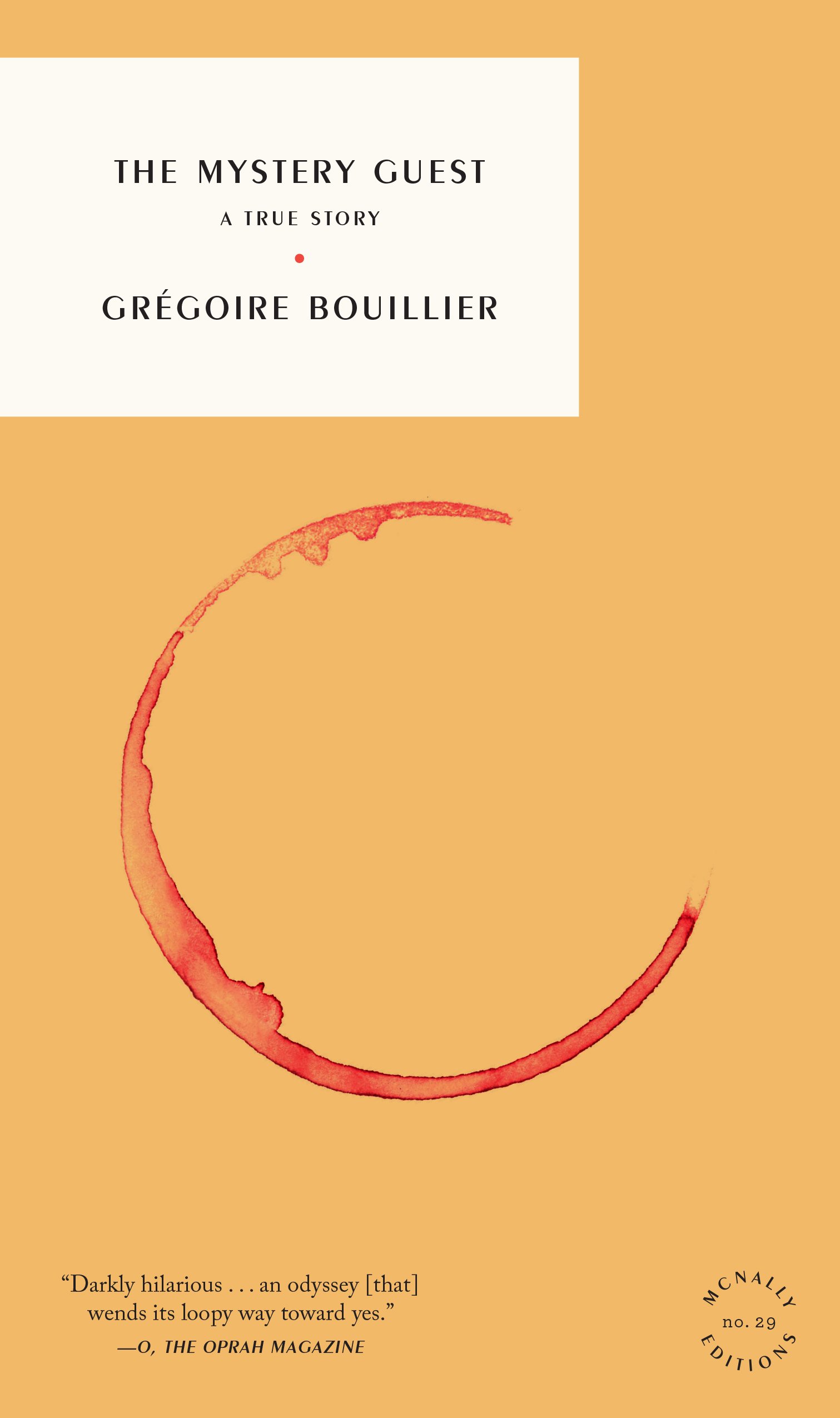Radio Treason: The Trials of Lord Haw-Haw, the British Voice of Nazi Germany
Rebecca West
Foreword by Katie Roiphe
The gripping courtroom drama of a Brooklyn-born Englishman who became the voice of Nazi Germany, by “one of the most brilliant and erudite journalists of the century” (The New York Times).
Rebecca West
Foreword by Katie Roiphe
The gripping courtroom drama of a Brooklyn-born Englishman who became the voice of Nazi Germany, by “one of the most brilliant and erudite journalists of the century” (The New York Times).
Rebecca West
Foreword by Katie Roiphe
The gripping courtroom drama of a Brooklyn-born Englishman who became the voice of Nazi Germany, by “one of the most brilliant and erudite journalists of the century” (The New York Times).
In 1945, The New Yorker commissioned star reporter Rebecca West to cover the London trial of William Joyce, who stood accused by the British government of aiding the Third Reich. Captured by British forces in Germany, Joyce was alleged to have hosted a radio program, Germany Calling, devoted to Nazi propaganda and calls for a British surrender.
The legal case against Joyce (known as “Lord Haw-Haw” for his supposedly posh accent) proved to be tenuous and full of uncertainties. Yet each new piece of evidence added to West’s timeless portrait of a social reject who turned to the far right, who rose through the ranks without ever being liked, and who sought validation through a set of shared hatreds—of elites, of communists, and especially of Jews.
As a work of psychological suspense, Rebecca West’s Radio Treason anticipates Truman Capote, Janet Malcolm, and Joan Didion at their best. As a study in political extremism, as Katie Roiphe writes in her foreword, “It is as if Lord Haw-Haw has been transported from her time into ours.”
“The vigor of her thought, the shape of her sentences, her knowledge of psychology, her sense of terror and of exile, her humor, the profundity of her ethical judgments, her vignettes of people and her panoramas of places . . . West’s style . . . builds on the creative inventions of Shakespeare and Dickens and Dostoevsky and Henry James and D.H. Lawrence . . . West shows the indefatigability of a crack reporter in collecting details . . . She shifts from the impartiality of a judge or a psychiatrist to the compassion of a mother over early loss and sorrow, and back to the great frame of judgment of a tragic dramatist . . . It is a good story also, more exciting than any detective shocker.”
—Donald A. Stauffer, The New York Times
“Rebecca West was one of the giants and will have a lasting place in English literature. No one in this century wrote more dazzling prose, or had more wit, or looked at the intricacies of human character and the ways of the world more intelligently.”
—William Shawn
“Rebecca West was a highly intelligent and wonderfully clear writer, and her anatomy of the character and motives of these traitors is compelling.”
—Allan Massie, The Wall Street Journal
“An adventure story, a prose hymn to her native land, and a morality tale for the whole world.”
—Joseph Barnes, New York Herald Tribune
“Here—in a brilliant reporting of [one] of England’s outstanding treason trials—is the philosophy of the meaning of betrayal . . . Here are some of the instruments by which nations are enslaved—‘traitors incidentally, gangsters essentially.’ The courtroom scenes are unforgettable . . . The permanent value of the book lies in the study of the factors behind the various forms treason took; and in the brilliance of the style. A book for the long haul.
“A meticulously accurate account of some of the most astounding and disturbing events in this disturbed age. It is a penetrating analysis of the men and the means by which these events were brought about. It is a detailed impeachment . . . a scathing indictment . . . a model of brilliant and effective writing.”
—Struthers Burt, Saturday Review
“The great value of her book is that it places before us one of the most significant problems of our times . . . with a searching and humane perception, and compels the reader’s attention throughout by a brilliant use of word and phrase and image. It is an exciting, fascinating, and sometimes painful book.”
—Time and Tide
Rebecca West (1892-1983) was born Cicily Isabel Fairfield in County Kerry, Ireland, and raised in Edinburgh. A member of the socialist Fabian Society and a militant suffragist, in 1914 she bore a child out of wedlock with H.G. Wells, whom she met after panning his books. A fearsome critic, she also wrote novels, reportage, history, and political analysis. As a skeptic of the Russian Revolution who became a passionate anti-communist, West alienated many on both Left and Right; she was known all her life for her scathing wit and force of will. In 1911 she wrote: “people call me a feminist whenever I express sentiments that differentiate me from a doormat, or a prostitute.”
Katie Roiphe is the director of the Cultural Reporting and Criticism program at New York University. She is the author, most recently, of The Power Notebooks and The Violet Hour. She is currently a columnist at the Wall Street Journal and has contributed to the New York Times, The Atlantic, Harper's, Esquire, the Washington Post, The Guardian, the Financial Times, and the Paris Review.
Radio Treason: The Trials of Lord Haw-Haw, the British Voice of Nazi Germany • Paperback ISBN: 9781946022806
Feb 11, 2025 • McNALLY EDITIONS no. 36
5” x 8.5” • 192 pages • $19.00
Nonfiction—Essays / Reportage / World War II / Fascism / Criminal Justice
eBook ISBN: 9781946022813








